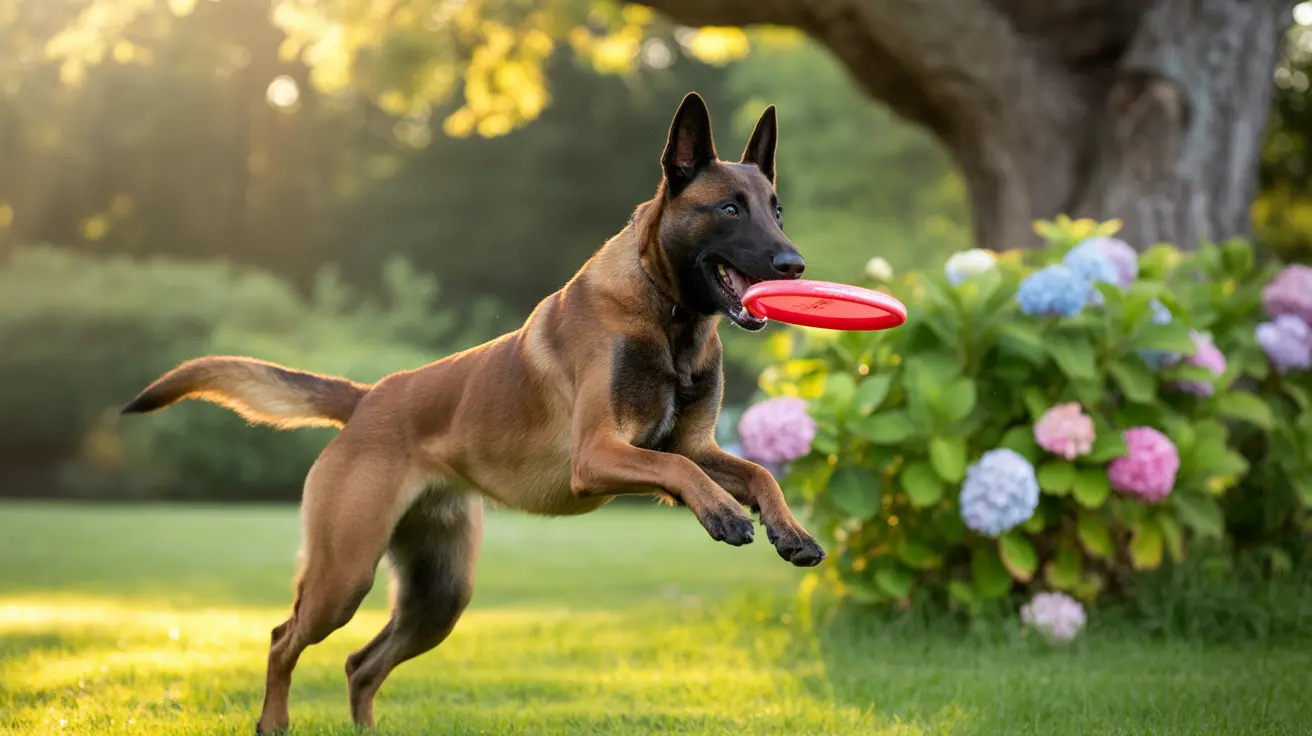If your dog is experiencing discomfort in their rear end, you're not alone. Many pet owners face this common issue, which can be both distressing for the dog and concerning for their human companions. Understanding how to soothe dog irritated anus conditions effectively requires knowledge of both the causes and appropriate treatment methods.
In this comprehensive guide, we'll explore various solutions and home remedies that can provide relief for your furry friend, while also helping you understand when it's time to seek professional veterinary care.
Common Causes of Anal Irritation in Dogs
Anal Gland Problems
One of the most frequent causes of anal irritation in dogs is anal gland issues. These small sacs located on either side of the anus can become impacted, infected, or fail to empty properly during normal bowel movements. When this happens, dogs may experience significant discomfort and exhibit scooting behavior.
Allergies and Skin Conditions
Both food and environmental allergies can trigger irritation around your dog's anal area. Seasonal allergies, food sensitivities, and contact dermatitis can all lead to inflammation and itching. Some dogs may develop hot spots or other skin conditions that exacerbate the problem.
Parasitic Infections
Intestinal parasites, particularly tapeworms, can cause intense itching around the anal area. These parasites often manifest through visible signs like rice-like segments near the dog's rear end and increased scooting behavior.
Effective Home Remedies for Relief
Warm Compresses
Applying a warm compress to your dog's anal area can provide immediate relief from irritation. Use a clean washcloth soaked in warm water and hold it gently against the affected area for 5-10 minutes, several times daily.
Dietary Adjustments
Adding fiber to your dog's diet through natural sources like pure pumpkin puree or carrots can help regulate bowel movements and reduce strain during defecation. This can be particularly helpful if constipation is contributing to the irritation.
Proper Hygiene Maintenance
Regular cleaning of the anal area using pet-specific wipes can help remove irritants and soothe inflammation. For long-haired dogs, keeping the area trimmed can prevent matting and accumulation of debris.
When Professional Care is Necessary
While home remedies can be effective for minor irritations, certain symptoms warrant immediate veterinary attention:
- Persistent scooting or licking lasting more than a few days
- Blood or discharge around the anal area
- Visible swelling or inflammation
- Signs of pain when defecating
- Changes in bowel movements or appetite
Frequently Asked Questions
Why do dogs exhibit scooting behavior and how can it be prevented?
Dogs typically scoot when experiencing anal discomfort, usually due to full anal glands, allergies, or parasites. Prevention includes regular grooming, maintaining proper diet, and routine veterinary check-ups to address potential issues early.
How can I soothe an itchy dog anus at home?
Apply warm compresses, use pet-specific wipes for cleaning, and consider natural remedies like coconut oil or aloe vera. Maintain good hygiene and ensure the area stays clean and dry.
What are the common causes of anal gland problems in dogs?
Anal gland problems often result from poor emptying during defecation, soft stools, or anatomical issues. Some breeds are more prone to these problems than others.
Can diet changes help alleviate itchy rear end issues in dogs?
Yes, dietary modifications can help, particularly adding fiber to promote firmer stools that help express anal glands naturally. Some dogs may also benefit from identifying and eliminating food allergens.
When should I seek veterinary care for my dog's itchy rear end?
Seek veterinary care if symptoms persist beyond a few days, if there's bleeding or discharge, or if your dog shows signs of significant discomfort. Professional examination can rule out serious conditions and provide appropriate treatment.
Remember, while home remedies can provide temporary relief, persistent symptoms should always be evaluated by a veterinarian to ensure proper treatment and prevent complications.






